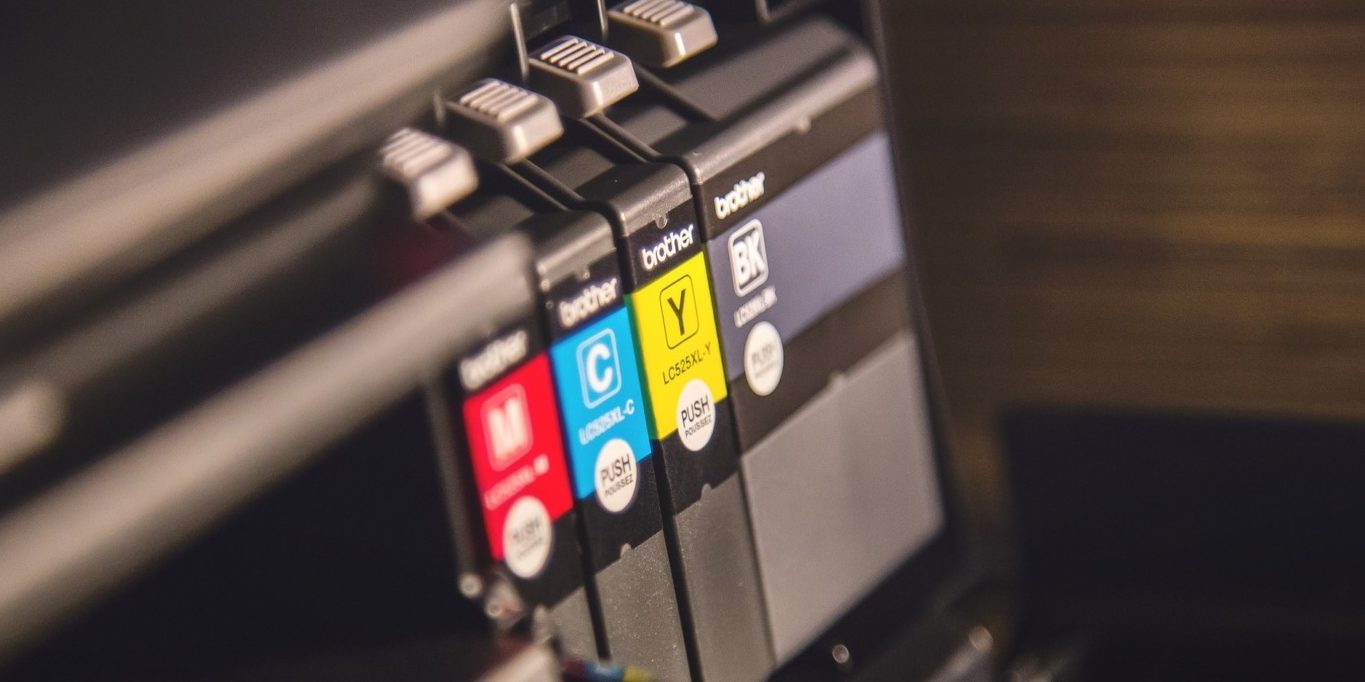Warwick accrues over £600,000 in three years from selling printer credits
The University of Warwick has collected over £600,000 in revenue in the last three years from selling printer credits, a Freedom of Information (FoI) request by The Boar has revealed.
To use printers on campus students need to purchase credits which will be transferred to their student card, for them to access the facilities in the library, Learning Grid and other locations.
In the previous academic year, £229,962 was generated from credits. Of this £188,990 in revenue was derived from students and £40,972 from departments at the University.
In 2017/18 £236,834 was made from credits. Broken down, £187,332 was from students and £49,503 was from departments.
Revenue from printing credits was highest two years ago, with £195, 223 coming from students and £47,970 from departments. This totals £243,193 at the end of 2016/17.
The FoI response reiterated that advance notice is given about no refunds being provided, and that the credits are no longer available once students have graduated.
Refunds are only possible if there is “a technical reason to justify one being processed”. These would include hardware “printer jams” or software failure “tracking data collection” of internal ITS systems.
Refunds may be issued if a student purchased printer credits instead of Eating at Warwick credits by accident.
Unused credits can also be transferred from one student to another at any point during the academic year.
The FoI stated that revenue from credits “fund the costs of student printing services”.
From this, there is “no surplus” left over “once the device rental, click, paper support materials, equipment logistics and staffing costs are included”.
The FoI response reiterated that advance notice is given about no refunds being provided, and that the credits are no longer available once students have graduated
A student who recently graduated from Warwick told The Boar: “I must say I am surprised that the University makes so much money from printer credits. Over the course of three years printing costs do add up especially for students who need to do a lot of reading and find it difficult to read lots of pages on a screen.
“Of course we must be environmentally conscious, but I wonder whether the costs are justified. As for the fact that they are not refundable if not used, it just seems a bit lazy on behalf of the University, since they refund money on Eating at Warwick cards.”
A final-year student commented: “Every student has a preferred study method. Printing my reading allows me to annotate and highlight key pieces of text, which in turn improves the speed I can get through them.
“At first glance, printing prices seem appropriate. However, as the exam season creeps closer, humanities students like myself quickly realise the expensive nature of this study option. It would make sense for the University to have a regressive payment system for students who print more pages more often than those who do not require its usage.”
The fact that printing credits are non-refundable “reflects Warwick’s desperation to prioritise commercial goals over the intellectual development of its students”, the student added.
The University of Warwick commented to The Boar: “The figures reflect changing habits, with people increasingly reading from screens and follows the University encouraging the staff to only print documents when necessary to reduce the volume of paper used.”
They also confirmed that “as per the FoI, all the funds raised from the credits are reinvested into the printing services”.
Figures are rounded to the nearest unit.
UPDATE: An earlier version of this article stated that the revenue was from unused credits. This has now been amended to the revenue from selling printer credits.

Comments